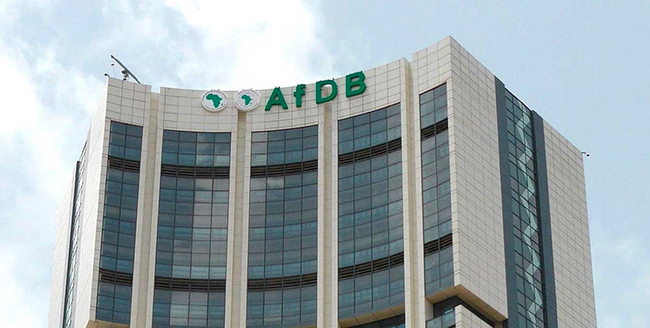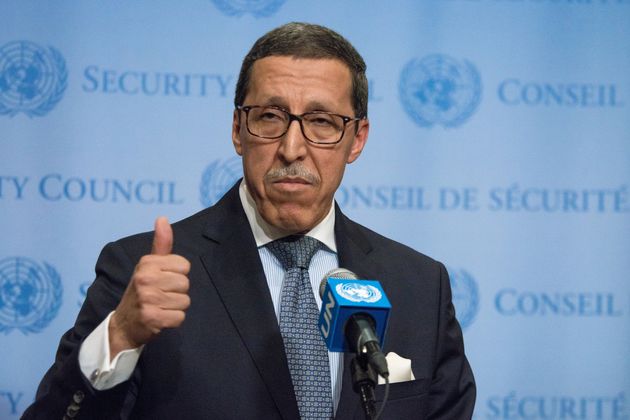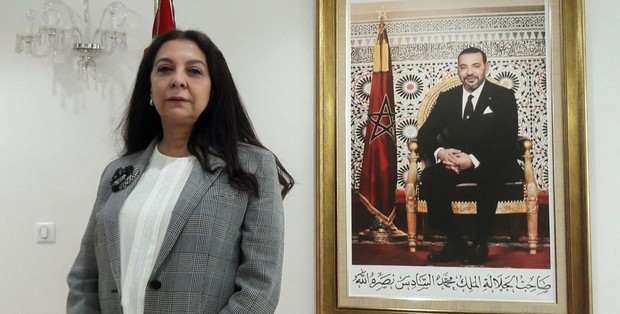Minister Delegate to the Minister of Economy and Finance, in charge of the budget, Fouzi Lekjaa, and the African Development Bank's (AfDB) Country Manager for Morocco, Achraf Tarsim, signed four financing agreements in Rabat on Wednesday, for a total of more than 600 million euros - M€ (approximately more than 6.45 billion dirhams).
The agreements cover the financing of the transformation support program for a digital, entrepreneurial and inclusive Moroccan university (120 M€, around MAD 1.28 billion), the results-based program to improve territorial competitiveness in Morocco (200.31 M€, approx. 2.143 billion dirhams), the program to support the inclusive and sustainable development of forest areas (84 M€, approx. 898 million dirhams) and the Guercif - Nador motorway project (200 M€, approx. 2.14 billion dirhams).
On this occasion, Lekjaa underlined the importance of these financing agreements, which follow a participative and integrated approach, encompassing training, the financing of projects with an industrial dimension and promising employment prospects, infrastructures and their reinforcement, as well as projects linked to the forestry sector and the exploitation of its capacities to preserve environmental balances.
For his part, Tarsim said that these structuring and complementary projects reflected the excellent relationship between the AfDB and its leading partner in Africa, Morocco.
The agreements, he added, concern a project linked to the transformation of the Moroccan university so that it can be more entrepreneurial, more digital and more inclusive, as well as a project relating to strengthening the competitiveness of Moroccan territories to attract more investors and create new economic opportunities.
For Tarsim, the third project complements this offer by providing better connectivity to link the new Nador West Med port with Morocco's highway network, allowing investors to benefit from this additional offering and increase their competitiveness.
As for the fourth project, it will notably strengthen forest value chains, introduce entrepreneurship in these areas, and enhance carbon sequestration capacity.






